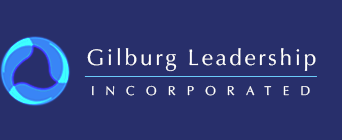January 2021
The Challenge
Attracting skilled and qualified RLs is central to the overall success of the ARS mission. RLs had become progressively disengaged and dispirited, resulting in a pervasive culture of powerlessness for making needed change. With the arrival of a new Administrator, Dr. Chavonda Jacobs-Young, GLI was contracted to help ARS with a culture change effort that would empower RLs to become part of the solution.
How We Helped
To better understand the terrain of culture change, GLI and a ARS core team relied on Adaptive Change theory (Heifetz and Linsky: The Practice of Adaptive Leadership) which recognizes that adaptive challenges like culture change (where solutions ultimately require people to change or adapt their behavior, relationships, or beliefs) are best addressed by those experiencing the challenges. We coordinated a diverse planning team of 30 RLs from across the agency for a 3-day collaborative workshop to define the challenges, identify opportunities, develop a strategy, and clarify next moves. The strategy involved hosting three separate summit meetings—attended by volunteer RLs— to address topics prioritized by the RL community. In addition, the planning team hosted monthly webinars to present the purpose and outcomes of the summits and other efforts, which were followed by smaller cohort group calls designed to collect feedback on what was proposed. In this manner we essentially created a three-way, collective conversation between agency leadership, the RL Planning Team, and the RL community throughout the process.
The Outcome
The RL initiative collectively produced 23 proposals for change from the RL community. After discussing these proposals, agency leadership approved 16 for implementation, accepted 4 with modifications or further study, and disallowed only 3. Less easy to measure but more far reaching is a perceivable shift towards increased engagement and empowerment by the RL community since YRL, and greater comfort by agency leaders to convene those with a stake in the outcomes to identify challenges and seek collaborative solutions.
